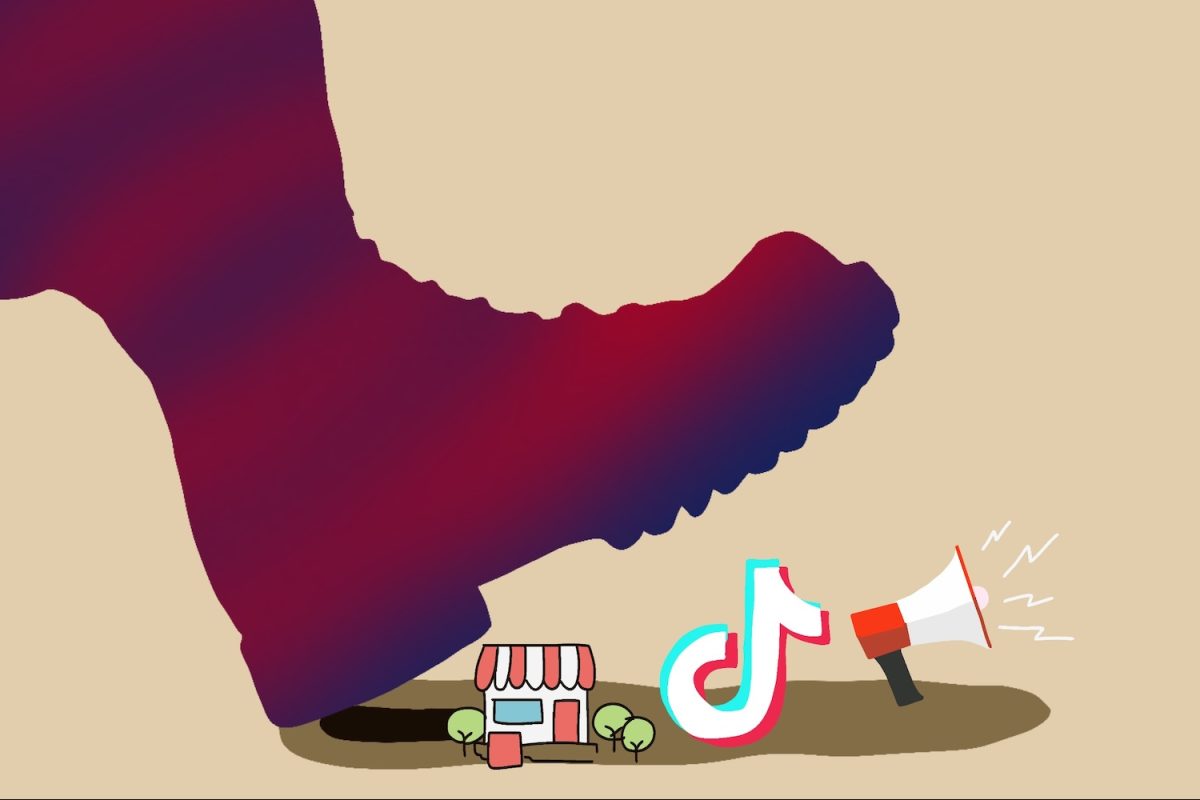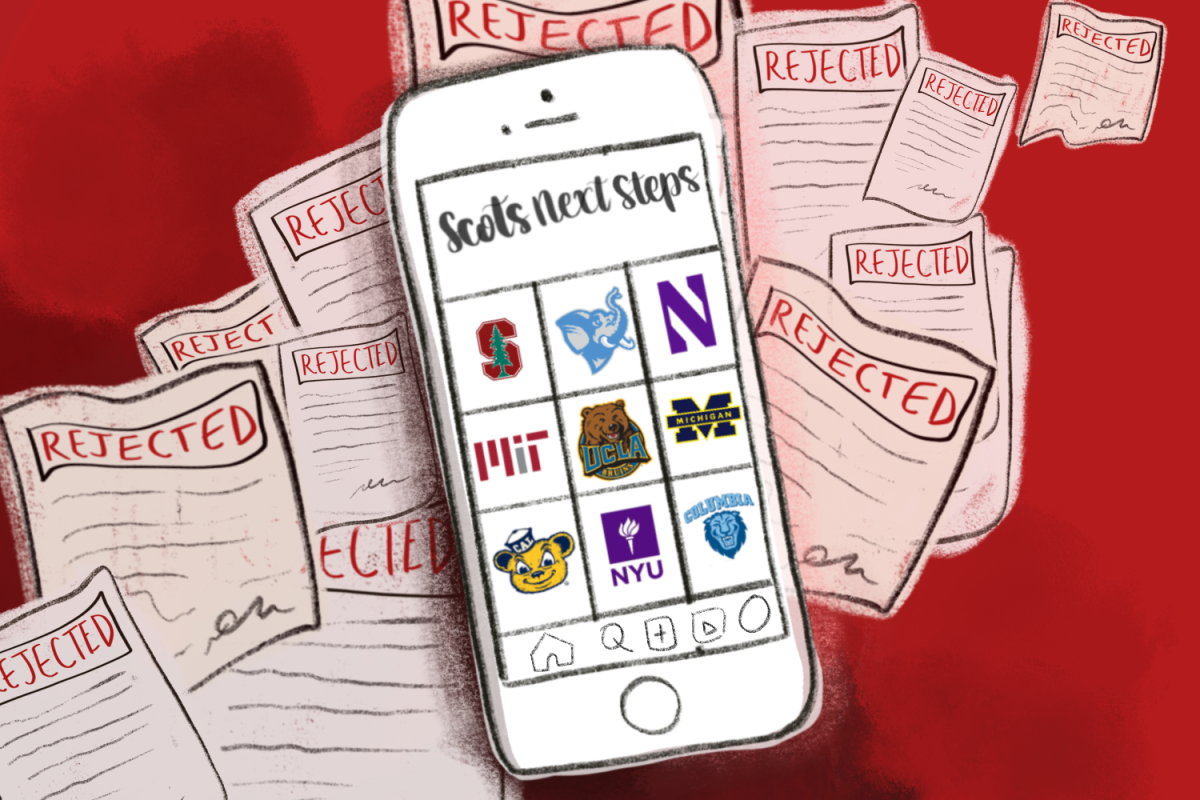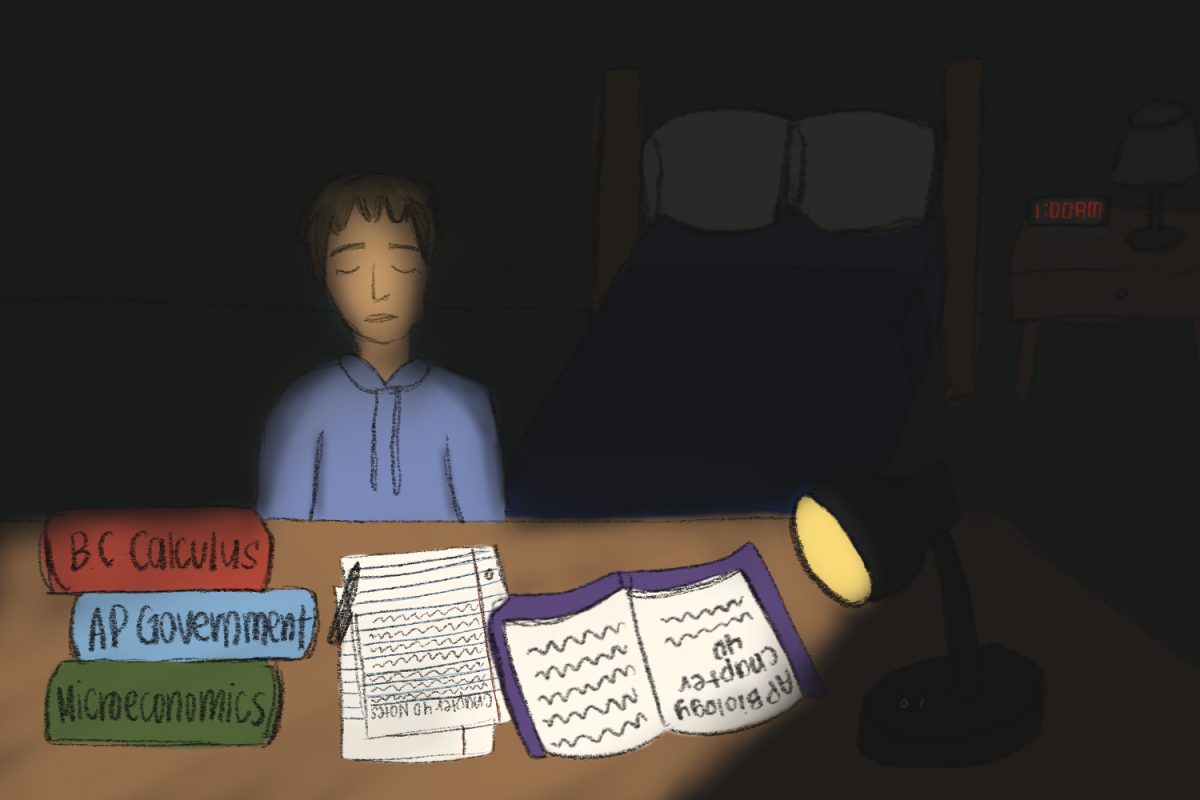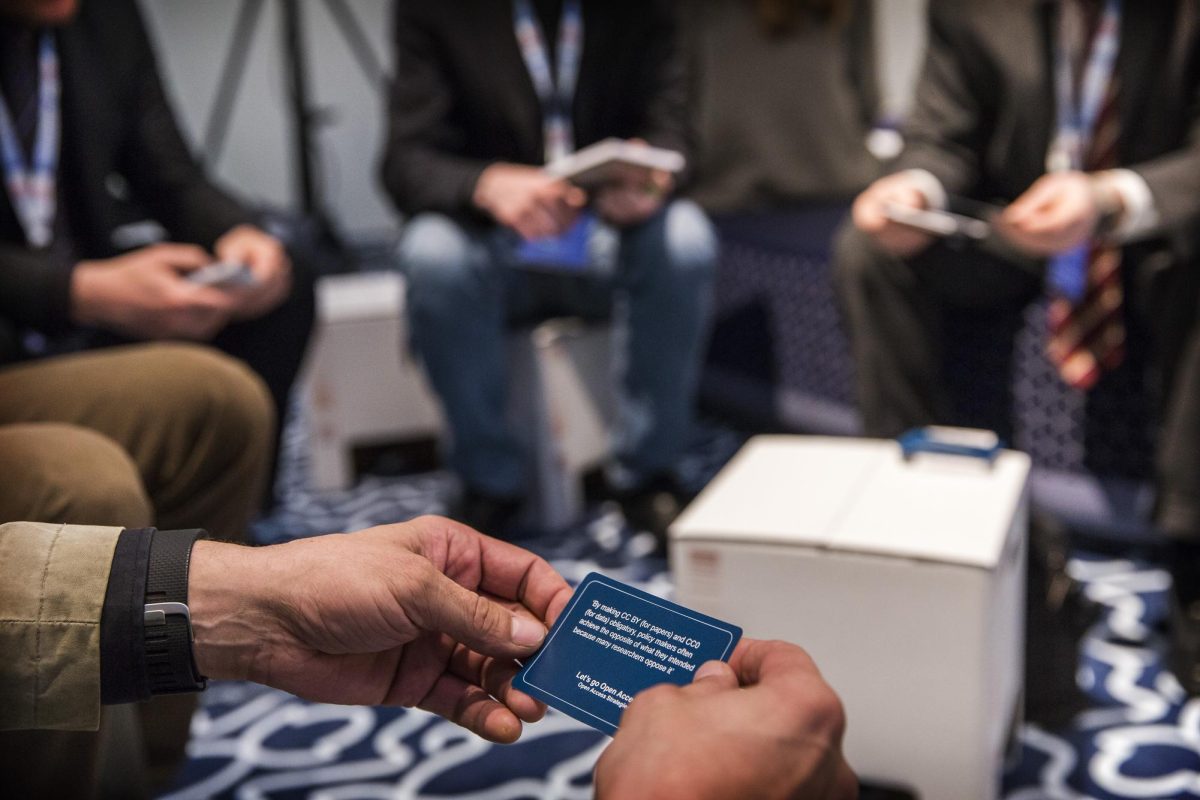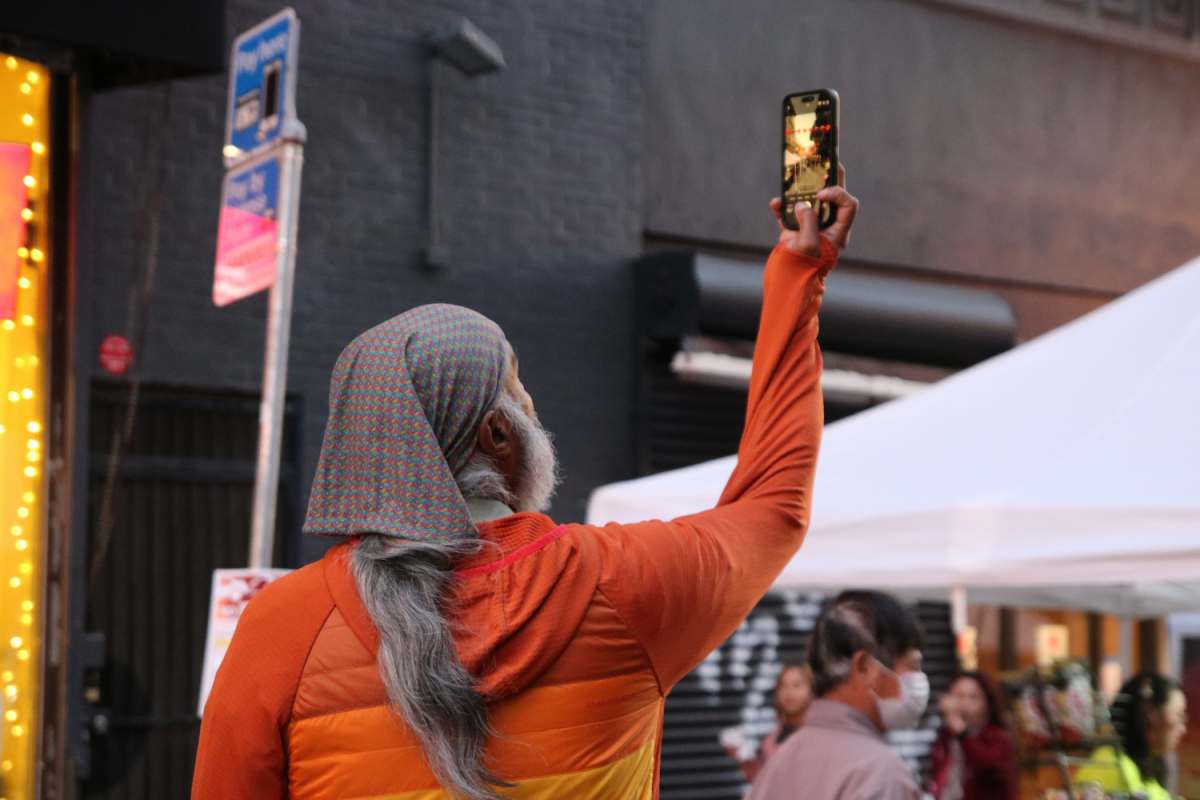The fate of the popular social media app TikTok is now in the hands of the U.S. Senate as on March 14, the House of Representatives voted 352 to 65 to advance a bill that could ban the app nationwide.
If the legislation is enacted, the parent company ByteDance will have six months to sell TikTok to a U.S.-based company, or the government will remove it from U.S. app stores, prohibiting its 170 million American users from accessing the content.
President Joe Biden declared, “If they pass it, I’ll sign it.”
Funnily enough, Biden’s 2024 presidential campaign has a TikTok account — politically hypocritical.
This potential ban stems from lawmakers’ concerns TikTok is compromising citizens’ data by sharing user information with the Chinese communist government, generating a threat to national security. This isn’t the first attempt at cutting off TikTok; former President Donald Trump issued an Executive Order to address data privacy concerns in 2021. However, Trump’s order was halted at federal court when judges found it arbitrary and hypothetical.
Data privacy issues constantly surround social media apps as most, if not all, share user information with third-party advertisers and business partners — it is not limited to TikTok.
TikTok has gone so far as to create Project Texas, a framework for their new data protection policies, to address privacy concerns amongst U.S. policymakers properly. TikTok has also claimed they store all U.S. data on U.S. servers and cannot turn over private information to Chinese authorities if asked.
Targeting foreign companies isn’t a new scheme for the U.S. government — Grindr, a locational dating app primarily used by the queer community, faced a ban in 2019 for similar speculative data security risks. The Chinese-based tech company that owned it at the time was able to sell it to an American firm within six months, and the app is still available in the U.S. However, the parallels between the TikTok and Grindr bans highlight the systemic prejudice our lawmakers have against Chinese-owned social apps when American companies are just as precarious with users’ data.
While we’re on the topic of compromising America’s data privacy, Temu, the Chinese e-commerce giant, spent over $2 billion in ads on Meta in 2023, accessing ad performance metrics, user interaction, and targeted interfaces to maximize their clicks. Concerningly, Temu also has more allegations of credit card fraud and stolen banking information than TikTok — talk about data concerns.
Evidently, it was less about data privacy than prejudice. However, banning TikTok could reap incredibly negative consequences as it serves as an impingement on freedom of speech protected by the First Amendment.
Social media platforms are places to express yourself, communicate, and interact with the international world. All but eliminating an app where 170 million users send and receive news, viewpoints, and information limits the opportunities for Americans to speak freely.
Especially for teens today, social media is an easy way to expand their knowledge of world affairs and crises. While TikTok may not be the ideal news source, what matters is people are receiving information otherwise silenced by news corporations.
This bill could also set a risky precedent for the government to limit more apps or sites on vague notions of cybersecurity, controlling freedom of speech and individual liberties. For a country that prides itself on the First Amendment, it’s not protecting it very well. I fear for our future if the grounds of this country start to be chipped away by modern politics.
I know far too many peers who depend on TikTok for freedom of expression for the government to ban it. We do not achieve equity in this country if we have a government that infringes upon the First Amendment in the digital age. Joint efforts to protect our fundamental rights are the only way we can preserve American freedoms.
Without a doubt, the TikTok ban isn’t wholly based on cybersecurity concerns, and it will set a dangerous paradigm for future generations. Effects of the ban seem far away until they are knocking at your door, demanding you forfeit self-expression and freedom of speech.
We should also note that this bill is where the American government is choosing to focus its time and money — not environmental protection, not gun control, not national debt, not homelessness, and certainly not finding better presidential candidates.
Nope, the House of Representatives saw this TikTok ban on their desk and decided it was the most pressing issue in America.
But who knows? Maybe contradicting the Constitution is worth it for upholding discrimination against Chinese companies.
This editorial reflects the views of the Scot Scoop Editorial Board and was written by Jackson Sneeringer.
The Editorial Board voted 11 in agreement, 1 somewhat in agreement, and 4 refrained from voting.

